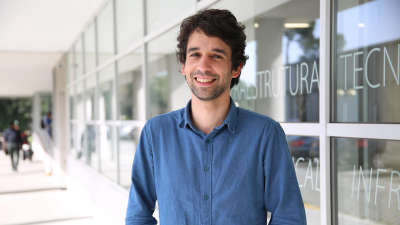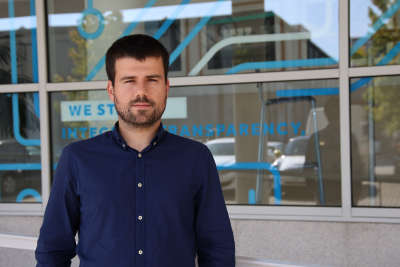GreenAuto: Green innovation for the Automotive Industry
The purpose of this Agenda consists in transforming the national automotive sector, in the scope of the current transition to low emission vehicles. The promotors of the Agenda are industrial and research & innovation (R&I) entities, with extensive know-how related to the automotive industry, either by participating in the development, implementation and industrialization of new vehicles and their components, or through experience in the development and implementation of production technologies employed by automotive original equipment manufacturers (OEMs). The Agenda will create the technical and operational conditions for Peugeot Citroën Automóveis Portugal, S.A. (Stellantis Mangualde) to start the production of a new light commercial vehicle (LCV) in Portugal, namely a battery electric light commercial vehicle (BE-LCV). To achieve this purpose while ensuring a high level of incorporation of national inputs, Stellantis Mangualde will be the end-user of the technologies and components to be developed by the industrial and R&I entities, within the scope of the Agenda. Having this in mind, this Agenda is composed of several work packages (WP): WP 1 focus on the industrialization of an innovative BE-LCV; WP 2 to 7 focus on the development and industrialization of new vehicle systems and components; and WP 8 to 10 focus on the development of manufacturing technologies required to drive down the still higher cost of manufacturing electric vehicles compared to internal combustion engine (ICE) vehicles. With a collaborative effort between business and R&D entities, the context of WP10 of the GreenAuto Agenda is focused on developing new solutions for autonomous systems typically used in the automotive industry, and PPS18: 3D navigation system for mobile robots, fits the vision defined for WP10: Automated Logistics for the Automotive Industry. Thus, the overall goal of PPS 18 is to promote R&Di activities for the development of a navigation system for Autonomous Mobile Robots (AMR), robust and in complex real contexts and circumstances, based on the fusion of sensors, precision GPS, odometry, 3D cameras, gyroscope and accelerometers.








